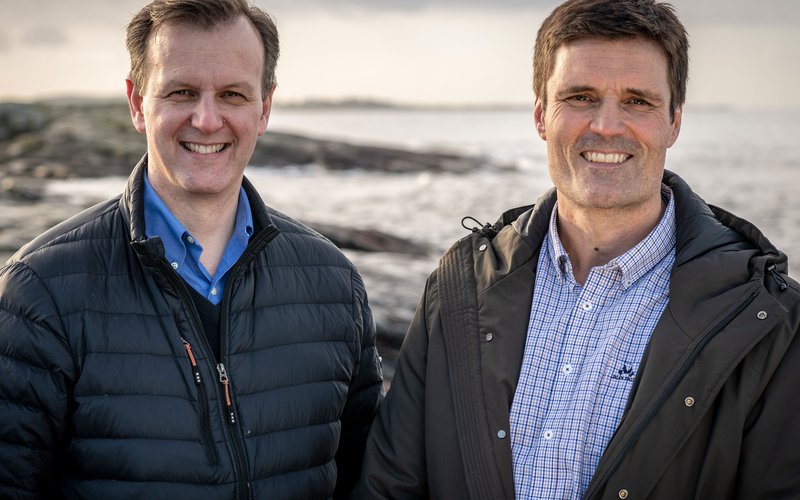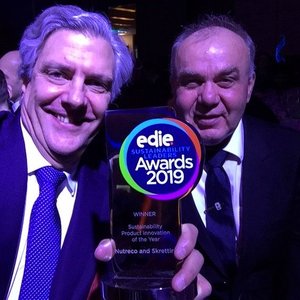Cargill and Skretting will collaborate on transport of fish feed in Norway, under the name “Fjordfrende”, which means fjord friend. Instead of ships with Cargill’s EWOS feed sailing right behind ships with Skretting feed along the Norwegian coast, feed from both companies will be shipped by the same vessels. This will limit shipping traffic and reduce greenhouse gas emissions by one fifth for the fish feed transport.The two companies have selected shipping company Eidsvaag to be responsible for planning and handling of transport, including ships currently under contract.
‘With this cooperation we will increase the utilization rate of our fleets and significantly reduce our environmental footprint,’ commented Fredrik Witte, Managing Director, Cargill Aqua Nutrition, North Sea. The two companies believe that the collaboration will over time create efficiencies in transportation and increase service levels for Norwegian salmon farmers. ‘We are creating an efficient system by optimizing capacity over time, giving aquaculture a better distribution model. Load capacity will be better utilized, there will be shorter sailing distances and investment opportunities will increase,’ commented Erlend Sødal, Managing Director of Skretting Norway.
This efficiency improvement will reduce emission of harmful greenhouse gases by one fifth per ton of fish feed transported. That equals 15-20 million kg of CO2 per year, which is equivalent to removing 7,500 cars from the roads every year. In future, investments in new feed vessels will contribute to a better adapted and multifunctional feed fleet, while the emissions of greenhouse gases will be reduced. One fleet serving both parties will not only maintain today’s level of service, but also form a better basis for innovation and development.
The parties commissioned an independent third party, Tri-Vizor, as a trustee to ensure they continue to operate independently from each other. As Cargill and Skretting are competitors, antitrust compliance is crucial, and implies that certain information cannot be shared amongst both parties. Therefore, Tri-Vizor has established a framework that will be operated by Eidsvaag. This framework will ensure efficient collaboration, guarantee that it is not possible for competitive-sensitive information to be shared between the companies, and avoid conflict with competition law. The process has also been closely monitored by specialized legal advisors.












